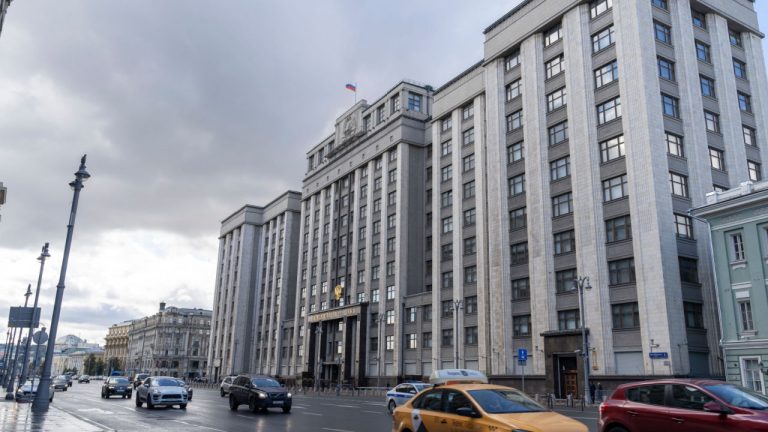
A draft law filed in the Russian parliament permits operators of platforms providing financial services to also run blockchain platforms. The legislation will allow them to combine their regular activities in the traditional financial market with issuing digital assets.
New Law Opens Door to Blockchain Space for Russian Financial Service Providers
The State Duma, the lower house of parliament in Russia, has adopted on first reading a bill allowing financial marketplaces, as defined by another Russian law, to also function as blockchain platforms facilitating the issuance and exchange of digital financial assets (DFAs).
The legislative initiative comes from a group of lawmakers headed by the chairman of the parliamentary Financial Market Committee, Anatoly Aksakov, crypto news outlets Bits.media and RBC Crypto reported. Its main purposes is to help the development of tokenized cashless payments, the digital ruble, and DFAs.
The latter are regulated by the law “On Digital Financial Assets,” which went into force in January, 2021, and mostly covers digital assets with an issuer. Transactions with decentralized cryptocurrencies like bitcoin are yet to be legalized in Russia.
The new bill builds on the law “On Conducting Financial Transactions Using Financial Platforms,” which came into effect in 2020. It describes the said financial platforms as information systems that provide financial organizations with an opportunity to meet consumers online.
On these platforms, individual investors have access to financial instruments, banking and insurance services, as well as services offered by companies working in the securities market. The possibility to integrate financial and blockchain services will expand the types of activities that their operators can perform and the range of products and services they can provide, the sponsors noted.
Amid Western financial restrictions, the Russian government has been exploring ways to develop its digital assets market. The Central Bank of Russia has already added several entities to its register of authorized DFA issuers. These are the tokenization service Atomyze, the fintech company Lighthouse, as well as Sberbank and Alfa-Bank, Russia’s largest state-owned and private bank, respectively.
Do you think the new law will stimulate the development of blockchain technologies and digital assets in Russia? Tell us in the comments section below.
















